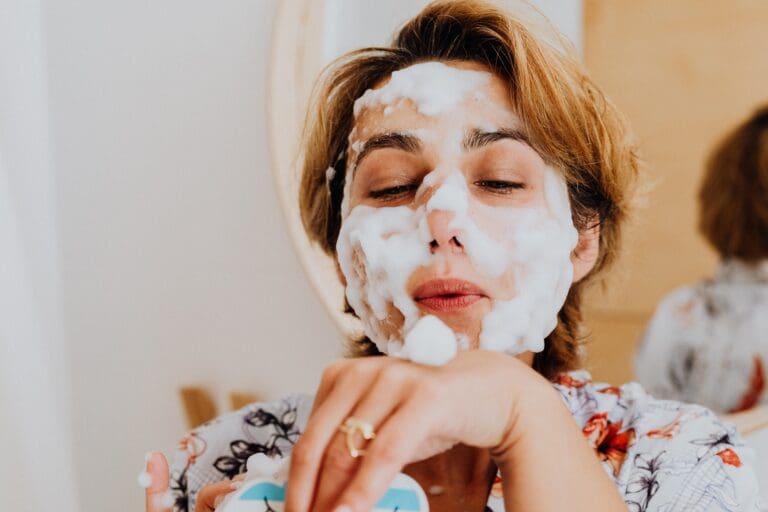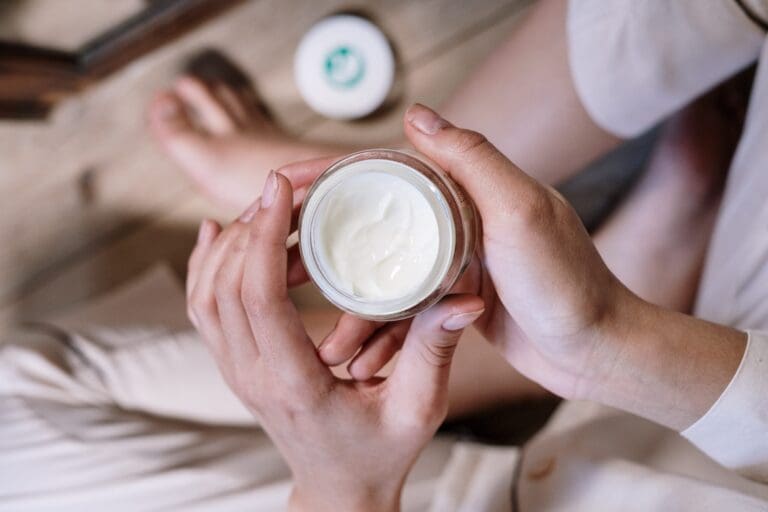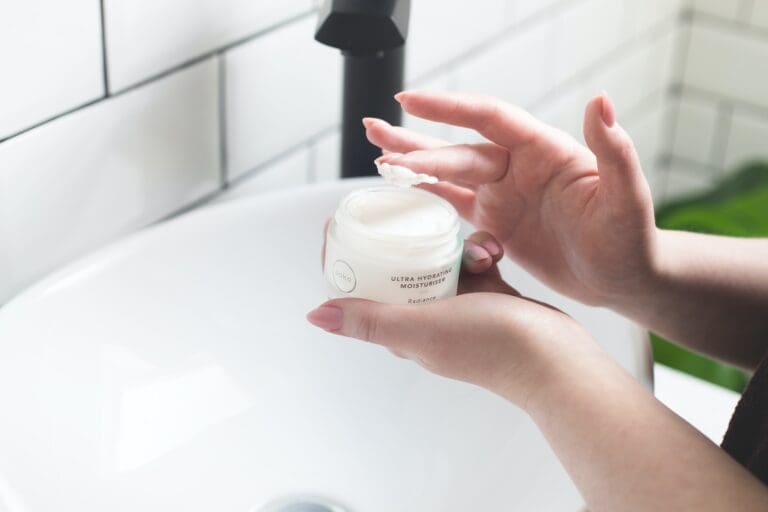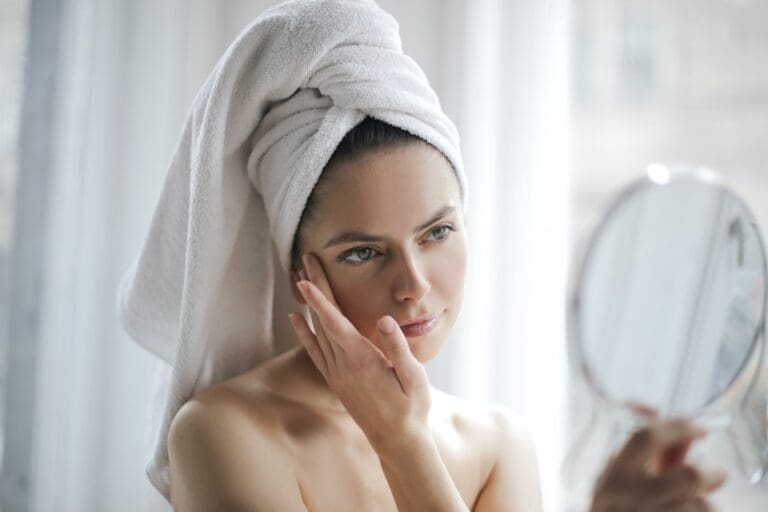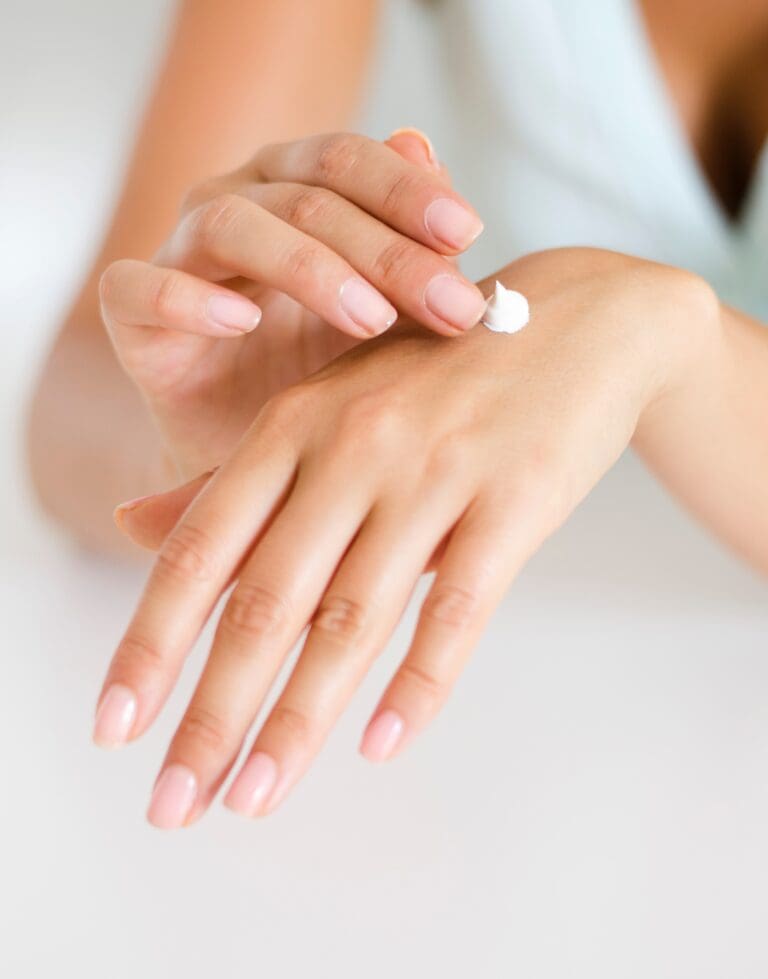Back to School: Brighten Your Skin and Look Your Best
Heading back to school can be a stressful time, but your skincare doesn’t have to be. One way to boost your confidence and feel your best is by taking care of your skin. With a few simple tips and tricks, you can brighten up your complexion and look and feel your best for that first day back.
First, it’s important to establish a consistent skincare routine. This means washing your face twice a day, using a gentle cleanser that won’t strip your skin of its natural oils, and following up with a moisturizer to keep your skin hydrated. You may also want to incorporate a facial serum or oil to help brighten and even out your skin tone.
Another way to brighten up your skin is by paying attention to your diet and hydration. Drinking plenty of water can help flush out toxins and keep your skin looking plump and healthy. Eating a diet rich in fruits and vegetables can also provide your skin with the vitamins and nutrients it needs to look its best. By taking care of your skin from the inside out, you can achieve a healthy, glowing complexion that will help you feel confident and ready to tackle the school year ahead.
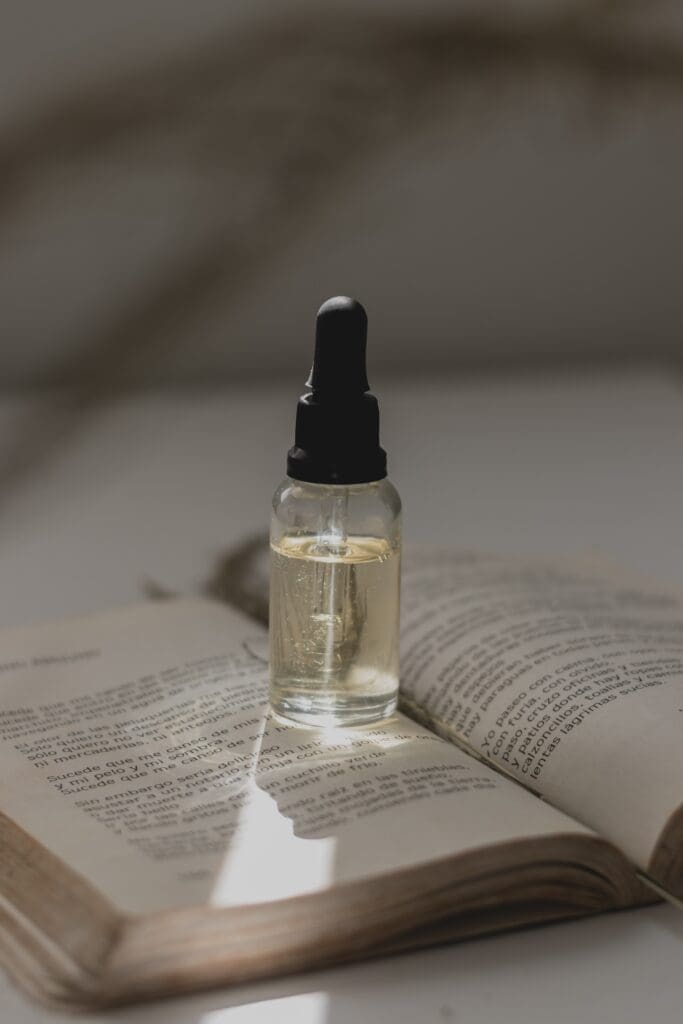
Key Ingredients for Skin Brightening
If you’re looking to brighten up your skin before heading back to school, there are several key ingredients you should look for in your skincare products. These ingredients can help reduce hyperpigmentation and even out your skin tone, leaving you with a radiant and glowing complexion. Here are some of the top ingredients to look for:
Antioxidants
Antioxidants are essential for healthy skin, as they help protect against free radical damage and environmental stressors. Look for products that contain antioxidants like vitamin C, vitamin E, and green tea extract to help brighten up your skin and improve its overall health.
Vitamin C
Vitamin C is one of the most popular ingredients for brightening up the skin. It can help reduce hyperpigmentation by blocking melanin production, making it a natural skin brightener. Look for products that contain a high concentration of vitamin C, such as serums or moisturizers, to see the best results.
Moisturizer
Moisturizing is key to maintaining healthy, glowing skin. Look for a moisturizer that contains ingredients like hyaluronic acid or glycerin, which can help hydrate and plump up your skin, reducing the appearance of fine lines and wrinkles and leaving you with a brighter, more youthful complexion.
Retinol
Retinol is a powerful ingredient that can help improve the texture and tone of your skin. It can help reduce the appearance of dark spots and hyperpigmentation, while also stimulating collagen production for a more youthful appearance. Look for products that contain retinol, such as serums or night creams, but be sure to start slowly and gradually increase your usage to avoid irritation.
Niacinamide
Niacinamide is a form of vitamin B3 that can help brighten up your skin and reduce the appearance of dark spots and hyperpigmentation. It can also help improve the texture of your skin and reduce the appearance of fine lines and wrinkles. Look for products that contain niacinamide, such as serums or moisturizers, to see the best results.
Effective Skin Care Products
Here are some effective skin care products that can help you brighten up your skin and look your best:
Cleansers
A good cleanser is essential for removing dirt and oil from your skin. Look for a gentle cleanser that won’t strip your skin of its natural oils.
Toners
Toners can help to balance your skin’s pH and remove any remaining traces of dirt or oil. Look for a toner that is alcohol-free and contains soothing ingredients like aloe vera or chamomile.
Serums
Serums are concentrated formulas that can help to target specific skin concerns like dark spots, fine lines, and uneven texture. Look for a serum that contains ingredients like vitamin C, hyaluronic acid, or retinol.
Moisturizers
Moisturizers are essential for keeping your skin hydrated and protected. Look for a moisturizer that is lightweight and non-greasy.
Sunscreens
Protecting your skin from the sun is important all year round, but especially during the summer months. Look for a sunscreen that is broad-spectrum and has an SPF of at least 30.
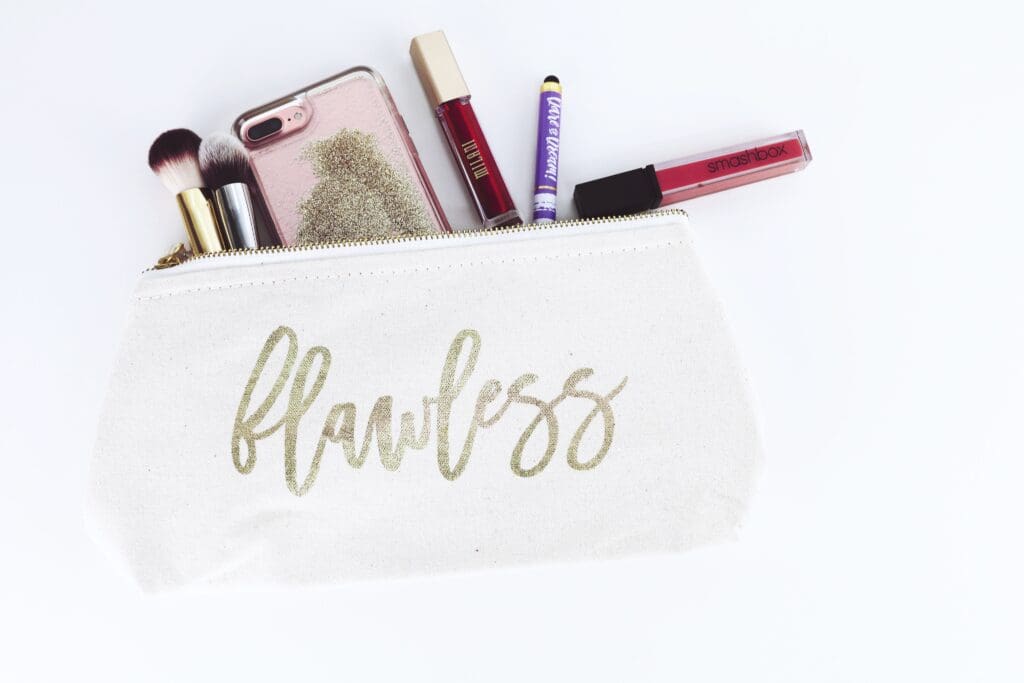
Professional Skin Treatments
If you’re looking for a more aggressive approach to brightening your skin, you may want to consider professional treatments. Here are a few options to discuss with a dermatologist:
Chemical Peels
Chemical peels involve applying a solution to the skin that causes the outermost layer to peel away, revealing fresher, brighter skin underneath. There are different types of chemical peels, ranging from mild to deep, depending on the strength of the solution used. A dermatologist can help you determine which type of peel is best for your skin.
Laser Treatments
Laser treatments use focused beams of light to target specific areas of the skin. They can be used to treat a variety of skin concerns, including hyperpigmentation. One popular laser treatment is the Clear and Brilliant laser, which is designed to improve skin texture and tone.
Microneedling
Microneedling involves creating tiny punctures in the skin with a device that contains small needles. This stimulates the skin’s natural healing response and can help improve the appearance of fine lines, wrinkles, and hyperpigmentation.
Dermabrasion
Dermabrasion involves using a special tool to remove the outer layers of skin, similar to a chemical peel. This treatment can be effective for improving the appearance of scars, fine lines, and hyperpigmentation.
Skin Care Routine for Glowing Skin
Going back to school means getting back into a routine, and that includes taking care of your skin. With a few simple steps, you can achieve a glowing complexion that will have you feeling confident and ready to take on the day.
First, start with a gentle cleanser to remove any dirt and oil buildup from your skin. Look for a low pH cleanser to maintain your skin’s natural moisture barrier. Cleansing regularly, both in the morning and evening, is crucial for removing dead skin cells and preventing clogged pores.
Next, exfoliate your skin once or twice a week to remove any dead skin cells and reveal brighter, smoother skin. Look for a gentle exfoliator that won’t damage your skin, and be sure to follow up with a moisturizer to keep your skin hydrated.
Speaking of moisturizer, it’s imperative to keep your skin hydrated to maintain a healthy, glowing complexion. Look for a moisturizer that suits your skin type and provides the right level of hydration. Apply it daily, both in the morning and evening, to keep your skin looking and feeling its best.
In addition to daily cleansing and moisturizing, there are a few other things you can do to promote glowing skin. Drinking plenty of water is essential for keeping your skin hydrated from the inside out. Eating a healthy diet that’s rich in fruits and vegetables can also help provide the nutrients your skin needs to look its best.
Finally, don’t forget to protect your skin from the sun’s harmful rays. Wear a broad-spectrum sunscreen with at least SPF 30 daily, and reapply every two hours if you’re spending time outside.

Role of Diet in Skin Health
Your diet plays a significant role in maintaining healthy skin. Eating a balanced diet rich in essential nutrients can help nourish your skin from the inside out. Here are some key nutrients that you should include in your diet to maintain healthy skin.
Water
Drinking plenty of water is essential for keeping your skin hydrated and healthy. Water helps to flush out toxins from your body and keeps your skin looking fresh and radiant. Aim to drink at least 8 glasses of water a day to keep your skin looking its best.
Fruits and Vegetables
Fruits and vegetables are rich in vitamins and minerals that are essential for maintaining healthy skin. They are packed with antioxidants that help to protect your skin from damage caused by free radicals. Include a variety of colorful fruits and vegetables in your diet to get a wide range of nutrients.
Omega-3 Fatty Acids
Omega-3 fatty acids are essential for maintaining healthy skin. They help to keep your skin hydrated and can reduce inflammation in your body. Sources of omega-3 fatty acids include fatty fish such as salmon, flax seeds, and walnuts.
Flax Seeds
Flax seeds are an excellent source of omega-3 fatty acids and can help to keep your skin looking healthy and radiant. They are also rich in lignans, which have been shown to have anti-inflammatory properties.
Walnuts
Walnuts are another great source of omega-3 fatty acids. They also contain vitamin E, which is essential for healthy skin. Vitamin E helps to protect your skin from damage caused by free radicals and can help to reduce inflammation in your body.
Importance of Sun Protection
As the new school year approaches, it’s important to remember the importance of sun protection. Sun damage can cause premature aging, wrinkles, and even skin cancer. But don’t worry, protecting your skin from the sun is easy and can be incorporated into your daily routine.
One of the best ways to protect your skin is to wear sunscreen. When choosing a sunscreen, look for one with an SPF of at least 30 and apply it generously to all exposed skin. Don’t forget to reapply every two hours, especially if you’re sweating or swimming.
In addition to sunscreen, there are other ways to protect your skin from the sun. Seek shade whenever possible, especially during peak sun hours from 10am to 4pm. Wear protective clothing like hats, sunglasses, and long-sleeved shirts. And remember, even on cloudy days, the sun’s harmful UV rays can still penetrate your skin.
Addressing Specific Skin Concerns
Specific skin concerns can make it challenging to feel confident in your skin as you head back to school. Here are some tips to address common skin concerns and brighten up your complexion:
Acne-Prone Skin
Acne is a common skin concern that affects many people, especially teenagers. To address acne-prone skin, it’s essential to keep your skin clean and avoid touching your face. Use gentle cleansers and avoid harsh scrubs or exfoliants that can irritate your skin and worsen acne. Look for products that contain salicylic acid or benzoyl peroxide, which can help clear up acne.
Redness and Rosacea
If you have redness or rosacea, it’s important to avoid triggers that can cause flare-ups, such as spicy foods, alcohol, or hot temperatures. Use gentle, fragrance-free products and avoid harsh scrubs or exfoliants that can irritate your skin. Look for products that contain soothing ingredients like aloe vera or chamomile.
Scars
Scars can be a source of insecurity for many people. To address scars, look for products that contain ingredients like vitamin C or retinol, which can help reduce the appearance of scars over time. You can also try using silicone sheets or gels, which have been shown to improve the appearance of scars.
Eczema and Psoriasis
Eczema and psoriasis are chronic skin conditions that can cause dry, itchy patches on the skin. To address these conditions, it’s important to keep your skin moisturized and avoid triggers that can cause flare-ups, such as stress or certain foods. Look for products that contain gentle, fragrance-free ingredients like oatmeal or ceramides.
Dry Skin
Dry skin can make your complexion look dull and lifeless. To address dry skin, it’s important to keep your skin moisturized and avoid harsh soaps or cleansers that can strip your skin of its natural oils. Look for products that contain hydrating ingredients like hyaluronic acid or glycerin.
Oily Skin
Oily skin can make your complexion look shiny and greasy. To address oily skin, use gentle, oil-free products and avoid heavy moisturizers or creams. Look for products that contain ingredients like salicylic acid or witch hazel, which can help regulate oil production.

Stress and Skin Health
As the back-to-school season approaches, it’s common to feel stressed and anxious. Unfortunately, stress can take a toll on your skin health, too. Studies have shown that both acute and chronic stress can negatively affect overall skin wellness, exacerbate skin conditions such as psoriasis, eczema, acne, and even contribute to hair loss.
One of the reasons stress can impact skin health is because it triggers the release of cortisol, a hormone that can cause inflammation and break down collagen, leading to premature aging and wrinkles. Stress can also disrupt your sleep, which can further impact your skin health by reducing the production of growth hormones that help repair and regenerate skin cells.
To combat the effects of stress on your skin, it’s important to practice self-care and relaxation techniques. Here are some tips to help you reduce stress and promote healthy skin:
- Practice mindfulness: Take a few minutes each day to focus on your breathing and be present in the moment. This can help reduce stress and improve your overall well-being.
- Get enough sleep: Aim for 7-8 hours of sleep each night to help your body repair and regenerate skin cells.
- Exercise regularly: Regular exercise can help improve circulation and lymph drainage, which can promote healthy skin.
Get a massage: Massages can help reduce stress and tension in the body, which can improve skin health.
Take breaks: Make sure to take regular breaks throughout the day to reduce stress and give your mind and body a rest.



